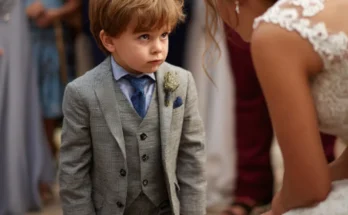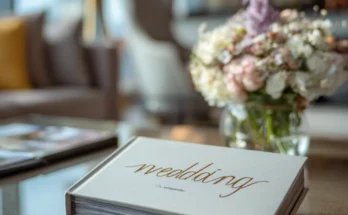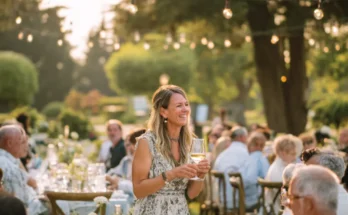At seventy-five, my life had settled into a profound quiet, the days blurring into one prolonged silence. The hardest part was the constant, heavy thought of Gianna, my daughter, who had passed away three years prior. Every corner of the house held a memory, a painful echo that my son, Sebastian, who lived far away, couldn’t fill. He was busy with his own family and career, and his calls, though appreciated, were infrequent, and his visits rare. I understood that life scattered families, yet the loneliness persisted, punctuated only by mundane activities like grocery shopping and weekly book club meetings. My heart remained heavy, wrapped up in the past.
One afternoon, returning home from the grocery store, I saw her. A young woman was sitting on the side of the road, cradling a tiny baby wrapped tightly in a thin, worn blanket. When she finally looked up, her eyes, filled with sadness and sheer exhaustion, reminded me so intensely of Gianna that I couldn’t simply walk past. That deep maternal pain was too familiar to ignore. I approached softly. “Do you need help, dear?” I asked. She whispered that she didn’t want to be a burden, but I insisted. “Nonsense. You and the baby need a warm place. Come with me.” She hesitated briefly, but then slowly nodded her thanks. We walked back to my house in silence.
We walked back to the house in silence, the baby stirring quietly in her arms as she tightened her protective hold. I led them inside, offering her a comfortable seat on the couch while I warmed some tea. The old house, which had been cold and quiet for so long, instantly felt different—it felt alive. As I handed her a steaming cup, I asked for their names. “Julia,” she replied softly, “and this is Adam.” I smiled at the handsome little boy blinking up at me with curious eyes. “He’s all I have,” she confessed, offering a small, genuine smile for the first time. In the following days, Julia found a job at a local grocery store, and I happily took over caring for Adam. His little giggles brought a forgotten, joyous energy back into the house.
As the weeks passed in a surprisingly easy routine, we grew closer. Julia confessed that she didn’t know what they would have done without me, and I honestly replied that having them was good for me; the house had been too silent before their arrival. One evening, after putting Adam to bed, Julia finally opened up a little about her past. She mentioned her five-year-old daughter, Aurora, who was staying in a charity hospital. “She’s… not well,” Julia whispered, her voice barely audible, but she quickly changed the subject. I sensed the immense sadness whenever she spoke of Aurora, but I did not press her, believing she would share the full weight of her burden when she was ready.
Then, one afternoon, everything changed with shocking speed. Adam and I arrived home from my book club much earlier than usual; he was inconsolable. The house felt strangely silent, but as I walked into my bedroom with Adam, I froze. Julia was standing by my dresser, my jewelry and mother’s old brooch scattered on the floor. “Julia?” I gasped. She spun around, instantly crying. “I can explain,” she stammered, dropping the items. She cried that she hadn’t meant to steal, but Aurora’s surgery was expensive, and she couldn’t lose her. Her hopelessness instantly broke my anger. I understood that pain, the fear of losing a child. I knelt beside her, placed a hand on her shoulder, and promised we would figure this out together.
The next morning, I woke up with a firm determination to help. I reached for the phone, resolved to rally the entire town, relying on my reputation as a former local school teacher. When I explained Julia’s desperate situation, everyone was eager to assist: Maria offered items for an auction, Mrs. Ellison pledged her famous pies, and David suggested a community play. The fundraiser was a massive success, raising every penny needed for Aurora’s life-saving surgery. Afterward, Julia, Adam, and Aurora returned to my house. “Stay,” I said suddenly one evening, looking at my new family. “This house needs noise and life. You’ve become like family.” Julia accepted tearfully. The house was no longer silent; it was full of laughter, love, and the warmth of a new family.


